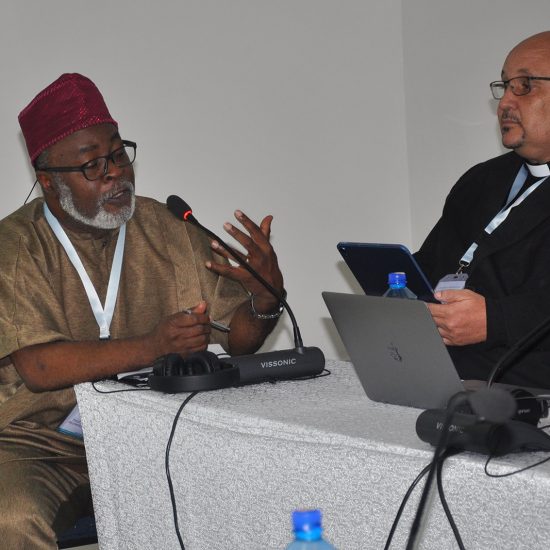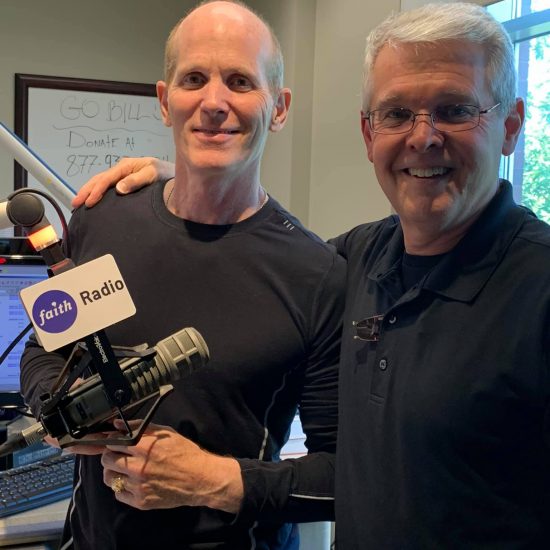John Gibson, a New Orleans Baptist Theological Seminary professor, couldn’t bear the shame days after hackers exposed the names of millions of people — including Gibson — who had signed up for Ashley Madison, a site notorious for people seeking affairs.
Ashley Madison was hacked in July, and the hackers released millions of users’ personal information in August.
The husband and father of two, who was 56, left a suicide note; his wife, Christi, discovered her husband’s body just days after the names of users were made public.
“He talked about depression. He talked about having his name on there, and he said he was very, very sorry,” his wife said in an interview. “What we know about him is that he poured his life into other people, and he offered grace and mercy and forgiveness to everyone else, but somehow he couldn’t extend that to himself.”
Gibson’s widow said she believed he was worried that he would lose his job.
“It wasn’t so bad that we wouldn’t have forgiven it, and so many people have said that to us, but for John, it carried such a shame,” she said.
His family said he was known as a great teacher but they acknowledged he struggled with depression and addiction. They have made a commitment with each other to be more transparent with each other about their struggles.
Given a chance to send a message to the 32 million people who were exposed after the hack and to their communities, Christi Gibson said: “These were real people with real families, real pain and real loss…don’t underestimate the power of love. Nothing is worth the loss of a father and a husband and a friend. It just didn’t merit it. It didn’t merit it at all.”
John Gibson’s shame was understandable, particularly for a Christian leader. He had betrayed his wife and children, and had been found out. It didn’t matter that he was one of millions. No doubt, he also felt shame for betraying his Christian calling and the Baptist seminary he had been hired to serve.
Mrs. Gibson words are haunting, in a way: “…he offered grace and mercy and forgiveness to everyone else, but somehow he couldn’t extend that to himself….” Religious leaders regularly are caught in the act of personal and moral failure, and many are legitimately repentant. Others feign repentance, blame someone else for their failing or otherwise fail to seek restoration.
John Gibson apparently saw the taking of his own life as his means of making amends to all he had disappointed, but he missed the blessing of forgiveness and mercy his family and others would have been willing to extend to him if only he had been willing to accept it.
This man is not unusual in his response, but his wife has given on an international stage a welcome word on love and restoration. We might all do well to heed her advice.
Bill Webb is editor of Word & Way.






